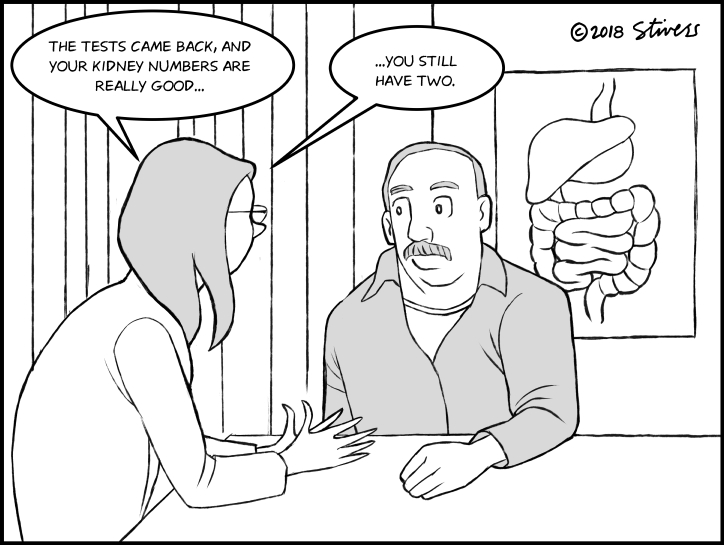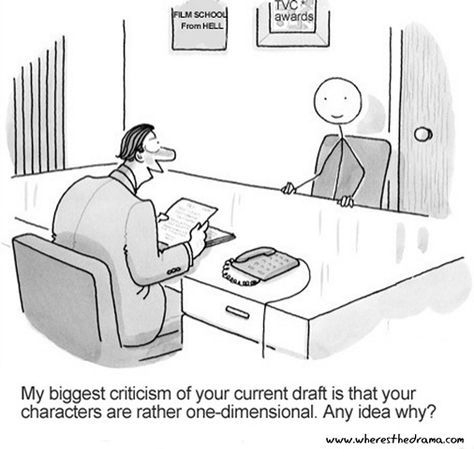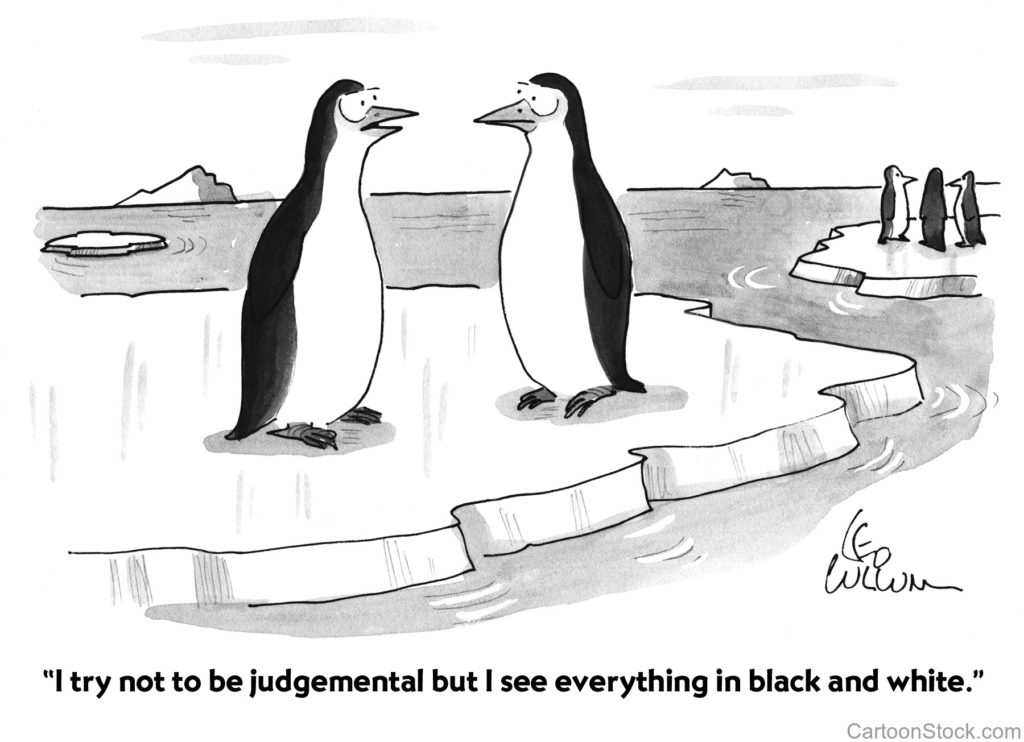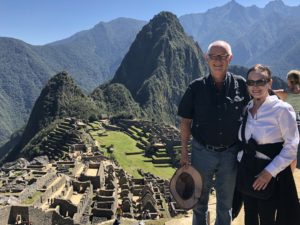
I’m a numbers vulture. I count everything. I count the people in a room, the number of children singing in a choir, how many people click on my post each week, my car’s mpg. I’m probably obsessive about tracking numbers, but that’s better than the alternative.
Attention to numbers is important. Data is your friend. Facts are telling. Objective measurements are revealing. This discipline is especially important for managers and leaders, because you can’t manage what you don’t measure. [This mantra is attributed to business consultant, Peter Drucker.)
You can’t know whether or not you are successful unless success is defined and tracked. With a clearly established metric for success, you can quantify progress and adjust your process to produce desired outcomes. Without clear objectives, you’re stuck in a constant state of guessing. Not being able to measure the effect of a given set of actions would make it impossible to know if you should be doing more or less of those actions—or if you should be doing them at all. Imagine going on a diet but refusing to use a scale to monitor your progress.
Granted, there are important things going on in an organization that are hard to quantify—people’s attitude, the role of intuition in making decisions—but these activities will ultimately affect the organization in ways that can be measured. For instance, if your organization’s revenue is falling (measurable), you might question your intuitive decisions (unmeasurable).
I’ve never understood why some managers neglect metrics; some even push back at the idea. Perhaps they don’t understand the necessity and the benefit, or they’re insecure about what the numbers will tell and the implied accountability. Non-profit leaders are less inclined to count than leaders in the corporate world. I’ve heard from this group: “What we do cannot be quantified; we deal with intangibles.” But that’s an excuse. There are always viable ways to track the growth and health of an organization.
Leaders, what should you measure?
-
- The vital signs of your organization. What factors reveal health or pathology? What is necessary for survival? For thriving?
- Your goals. How can your organization improve in the next 12 months? Answer that question, develop a plan, identify measurables, track them, and talk about them.
- Finances. All organizations should track finances, including non-profits. (Peter Drucker once said, “To do good you must do well.”) Financial gain may not be a priority for non-profits but financial viability is. A budget is a tool for planning and measurement; keep it current and check it often.
In your organization, don’t just track numbers, discuss them; make them transparent. Don’t shy away from what they reveal.
Because of big data, computers, and algorithms, measuring important metrics is easier than it’s ever been, and because of the challenging world in which we live and work, it’s more important than it’s ever been.

 Years ago a friend of mine, a physician, was struggling with a cocktail of emotional and mental issues. He confided in me and asked for my help. During our conversation, I asked him if he had any hobbies; he didn’t. I asked him what he did on his day off; he didn’t take a day off. He didn’t have any intellectual pursuits (other than his profession) or intimate friends. His entire life centered around one thing: his practice. He lived a unidimensional life and it was beginning to take its toll.
Years ago a friend of mine, a physician, was struggling with a cocktail of emotional and mental issues. He confided in me and asked for my help. During our conversation, I asked him if he had any hobbies; he didn’t. I asked him what he did on his day off; he didn’t take a day off. He didn’t have any intellectual pursuits (other than his profession) or intimate friends. His entire life centered around one thing: his practice. He lived a unidimensional life and it was beginning to take its toll.























